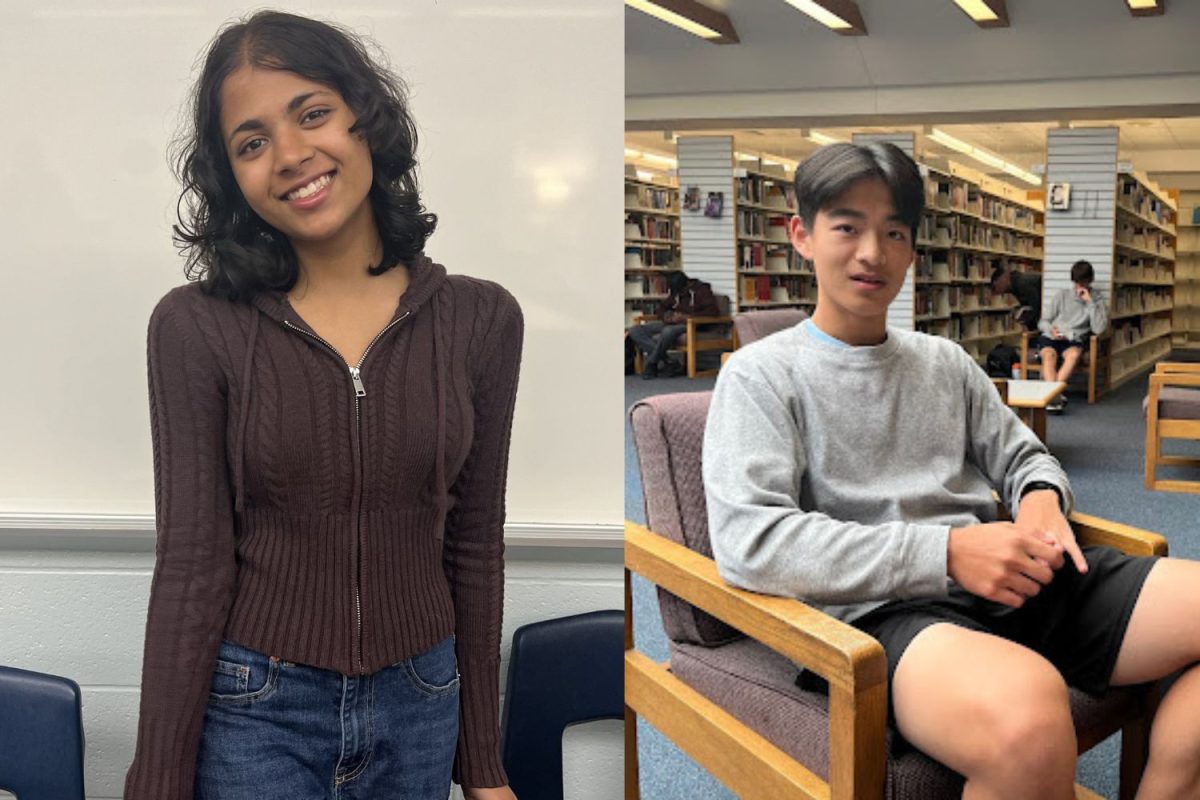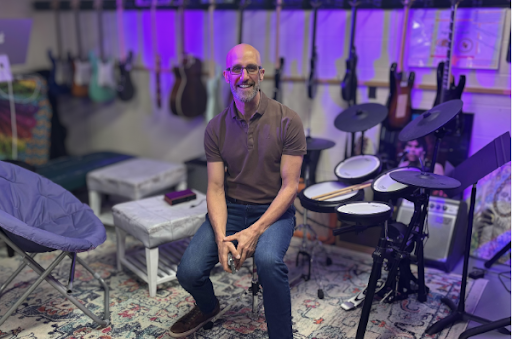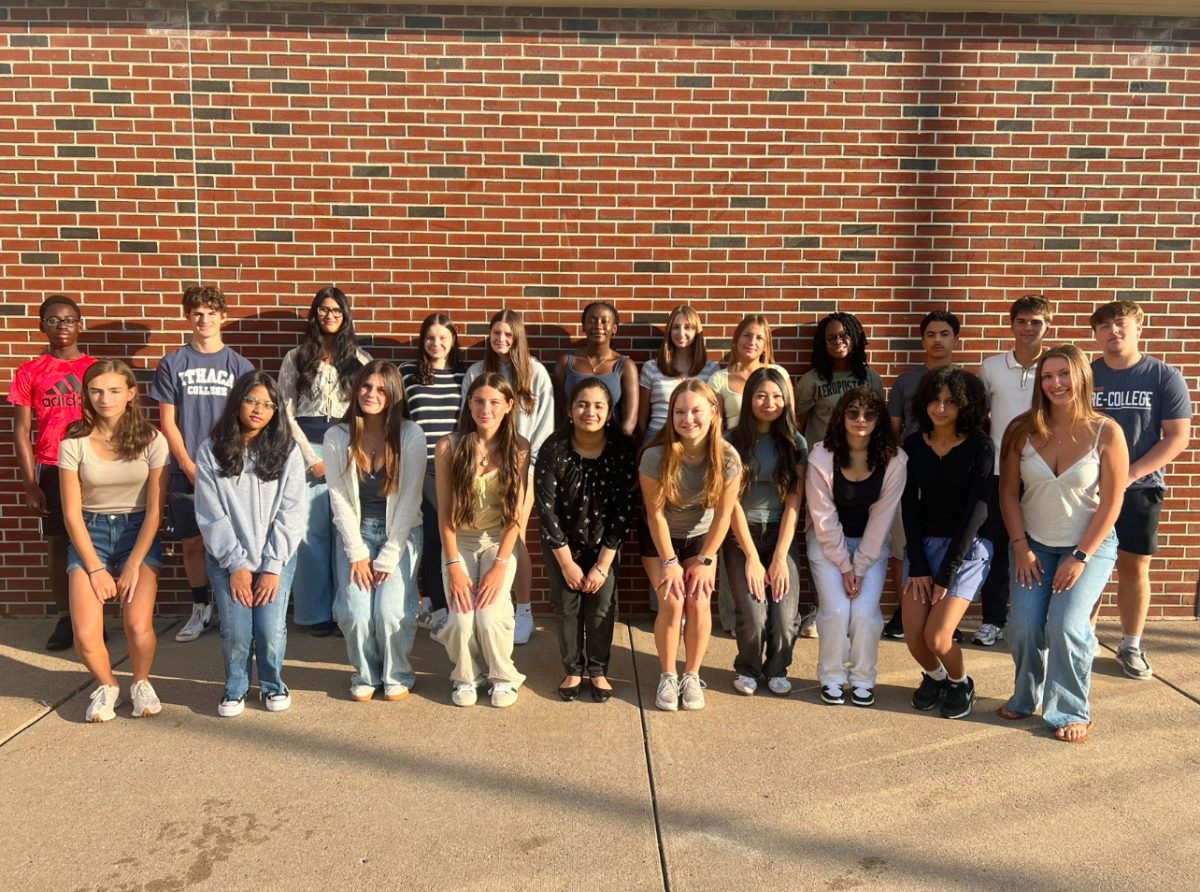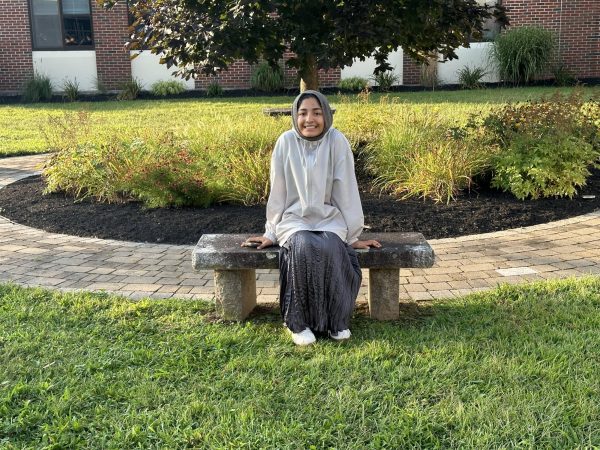On Tuesday, September 24, 2024, the Bobcat Prowl met with two of the four semi-finalists nominated for the National Merit Scholarship.
The National Merit Scholarship is a non-profit program which began in 1955. It is a nation-wide academic competition for college undergraduate scholarships.
During the junior year of high school, students have to take the Preliminary SAT, while taking this exam, they will also have to take the qualifying exam for the National Merit Scholarship exam (NMSQ). The average PSAT score for qualifying is from 1400 -1520 and up, but whoever receives a score below – such as 1320 – is given multiple chances.
The competition takes about a year and a half. This round started in 2023, when the class of 2025 juniors took the PSAT, and will conclude in the spring of 2025. Semifinalists were announced in September 2024, two of which are SWHS students.
“Honestly, I was already preparing for my SAT around that time, so I just used the same studying strategy which was just practice questions. I would say I prepared specifically for the PSAT,” senior and National Merit Scholar semifinalist Meera Kannan explained.
Kannan says that being in the running for this scholarship gives her hope for her future.
There is a lot of uncertainty that crops up during college application season, and being a semifinalist in the National Merit Scholarship competition not only looks great on a college resume, but gives Kannan the confidence to know that she can do everything else she needs to for college.
“I think it’s something I can put on my resume, at least being a semifinalist, even if I don’t get the scholarship, and if I do it can obviously pay for college,” Kannan explained.
Senior Rodger Mao was also a semifinalist in the National Merit Scholarship competition. Mao ended up getting a perfect score on the PSAT.
Both Kannan and Mao said that they found the adaptive portion of the test a bit challenging, but nothing that they couldn’t handle. The PSAT’s multistage adaptive design tailors questions to the student based on their performance on previous modules. This means, essentially, the better you do in the first module, the harder your questions are in the second.
“The test is adaptive so the module of each part was definitely harder, but it never felt too challenging,”Mao said.
Overall, both semifinalists are proud – though, they try not to be boastful – of their accomplishment and are grateful to be in the selection for a National Merit Scholarship.
“You don’t need to necessarily think highly of yourself to do something. Sometimes good things come unexpectedly,” Kannan said.










